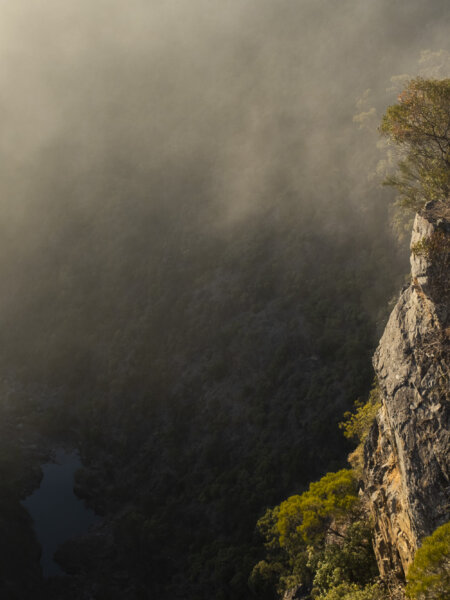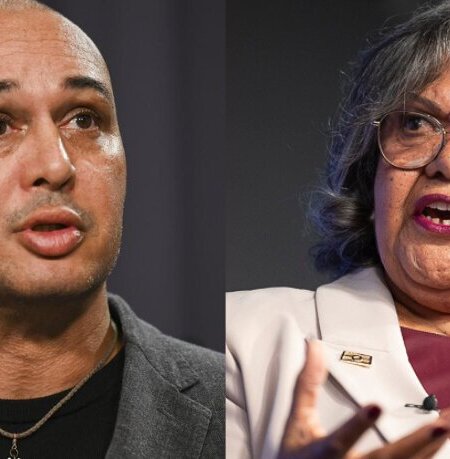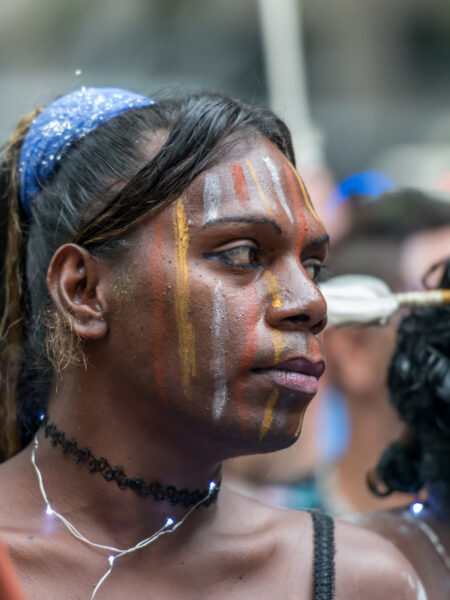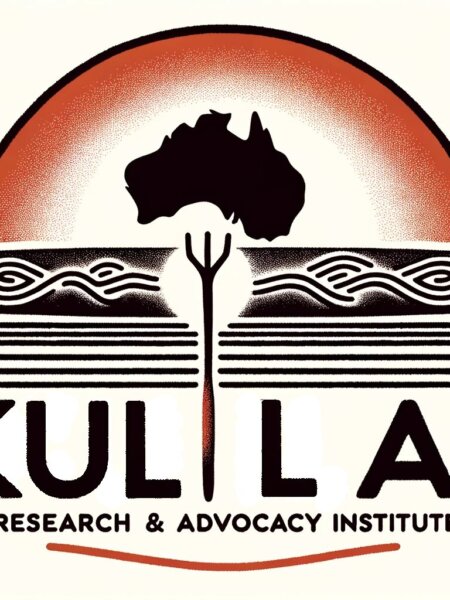First Australia was black and then gradually the yellow of the ‘explorers’ turned it into a big yellow Australia with roads like vanes. Of course today it seems to me a clear representation of the terra nullius amnesia of the nation. The great Australian Silence; as W.E.H. Stanner put it in his Boyer Lectures of the late Sixties. I thought those days were long over until I went to a parent teacher night in the late Nineties and had to raise concerns about a primary Australian History unit called ‘Into the Unknown’. I mentioned that it was probably quite well known to the people who had lived there for over 60,000 years. I thought I had made my point quite well until two years later when I had the same conversation – with a different teacher – at the same year level when my youngest was doing the unit.
Recently there have been concerns raised about the national education curriculum having undue emphasis about Australia being invaded, rather than settled, and constant commentariat barking about ‘identity politics’ and ‘cancel culture’. We seem to have a problem with issues of identity – usually other people’s identity – and struggle to define what an Australian identity is. And despite the reconciliation process of the Nineties; we still struggle. Because essentially the reconciliation process was actually about the creation of an inclusive, honest and honourable Australian identity. One which began, and was grounded in, the 60,000+ years of First Nation Peoples’ custodianship of these lands and waters.
In Victoria, a Truth-Telling Process will soon be underway and it offers the possibility, for the non-Indigenous, of the truth setting us free. As Inga Clendinnen once said, we non-Indigenous have grown up with a nursery version of history; of brave explorers and pioneers, puzzled and eventually civilised ‘primitives’ and ‘no blood on the wattle’. Of the ‘yellow’ civilisation overcoming the ‘black’ native simplicity. Most of us still have these assumptions deeply embedded in our colonial DNA – whether conscious or unconscious. It is a legacy that prevents us from growing up – a case of ‘Arrested Development’ (pun/reference to USA comedy series intended).
My boss – Gunditjmara author, songwriter, director and academic, Richard Frankland – refers to this as the ‘legacy of invasion’; one which impacts negatively on First Nations Peoples and the non-Indigenous. Obviously the impacts are less severe for we non-Indigenous, but nevertheless we are diminished and prevented from being truly welcomed on this land.
Facts are stubborn things – as USA President John Adams once said – and our problem, when it comes to the fascinating problem of Australian identity, is that we think that certain facts are contestable.
Australia – Invaded or settled? Why would that be contested? As Richard Frankland says:
Captain Cook never landed on Australia. He landed on over 400 First Nations.
When Cook claimed the lands and waters of what is now called Australia on an Island off the North East coast, it was an audacious act and a nonsense – even according to European law.
The frontier wars, battles, massacres and murders happened. The false labelling of First Nations Peoples lifestyles and lore as uncivilised, unstructured and purely nomadic. The removal from traditional lands and waters onto missions and reserves. The real life ‘cancel culture’ of forcing First Nations Peoples to stop practicing their culture and speaking their language was the usual approach by the so-called ‘civilisers’. These are facts – with regional variations and occasional exceptions which prove rather than disprove the rule.
An Australian identity which cannot come to terms with these stubborn facts will never develop.
There are two sides to every story; or so we say. But more and more we are seeking people who echo our own thoughts, biases, assumptions; more and more we listen with a tin ear – our side of the argument already decided. ‘Identity politics’ is a trope hurled when it is our own identity which is being questioned. Of course we see, hear and understand the world according to our lived experiences which include our culture, gender and age. But we should be capable of going beyond barracking for our team and begin seeing things from the perspective of others whose identity is different from our own.
When it comes to tribalism it is the hidden tribalism of those protected by white non-Indigenous privilege which must first be challenged. Or we will forever be diminished by the fact of invasion and divided by our inability to see that a true Australian identity is one founded in the lore of the First Nations Peoples and dependent on the creative diversity of our many cultures.




